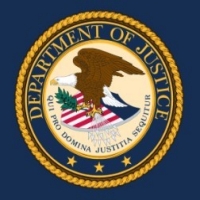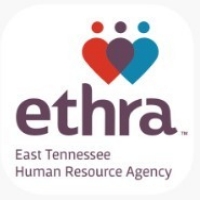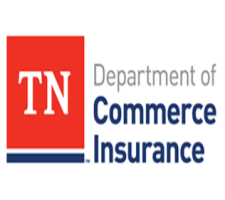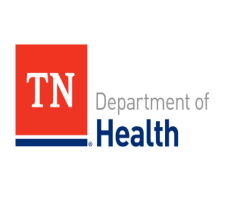Patient Abuse
The Issue
Residents of mental health facilities and elderly persons living in nursing homes are all too often the victims of physical, emotional, sexual, and financial abuse. Neglecting these individuals can also constitute abuse.
The TBI Medicaid Fraud Control Division investigates and refers for prosecution those who abuse, neglect, or financially exploit adults in nursing homes or other healthcare facilities. When adults are abused, neglected, or financially exploited in other settings, such as their home, the Medicaid Fraud Control Division may also investigate these incidents if committed in connection with the provision of Medicaid services.
In many cases, an abused or neglected person is totally dependent on the abuser and is afraid to complain due to fear. That's why it is especially important that other people watch for these warning signs and call law enforcement if they appear. By law, citizens who have knowledge of or suspect this kind of activity are required to notify the proper authorities. The law also protects those who report abuse from being retaliated against by their employer.
Physical abuse is the infliction of physical harm, and may be noticed as unexplained injuries such as bruising, broken bones, or burns.
Mental or psychological abuse is the infliction of emotional pain, anguish, fear, or distress and may be noticed outwardly as fear of a caregiver, socially withdrawn behavior, emotionless behavior, or lowered self -esteem.
Sexual abuse is a non-consensual sex act committed upon or in the presence of a vulnerable adult. Signs include injuries to the genital area, the unexplained development of a sexually transmitted disease (STD), or fear of being alone with a caretaker.
Financial exploitation is the unlawful taking or improper use of a vulnerable adult's money or property, and may be detected in the form of missing money, unexplained bank withdrawals or transfers, unusual overdrawn accounts, changes to wills or legal documents, unpaid bills, or the inability to afford basic necessities despite having adequate resources. Also look for unexplained credit/debit card charges, sudden transfer of assets (possibly to someone outside the family), the presence of new "friends" or "romantic" persons, and new names added to the adult's bank signature card.
Resources
If you suspect someone to be a victim of Patient Abuse, contact your local law enforcement department or, if applicable, the TBI's Medicaid Fraud Control Unit Hotline: 1-800-433-5454. You can also send a message to TBI.MedicaidFraudTips@tn.gov.
CLICK HERE to access Safe Senior TN resources
CLICK HERE to learn about the Federal Elder Justice Initiative
CLICK HERE to access the East Tennessee Human Resource Agency
CLICK HERE for Tennessee Adult Protective Services
CLICK HERE for the Tennessee Department of Commerce and Insurance
CLICK HERE to search the Tennessee Abuse Registry





